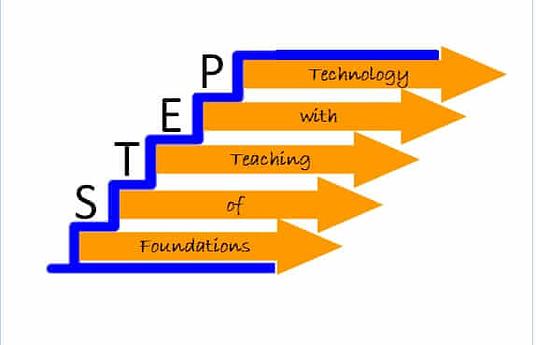In rural schools with small class sizes there are only few teachers, which makes it almost impossible for teachers to receive support from each other and they feel isolated. Also, there are limited opportunities to access in-service training in rural areas. This situation not only leads to a decrease in motivation but also inhibits them to profit from various trainings and socially connecting.
KODA focuses on building local communities to support rural school teachers’ personal and professional development, to increase their motivation and to enhance their support mechanisms via teacher gatherings, WhatsApp groups, mailing lists and access to other teachers and institutions.
A sustainable network is created between teachers, experts and volunteers in various regions across Turkey (now 10 regions with 300 teachers). By making initial announcements in collaboration with local directorates, our aim is to reach all rural school teachers in these regions.
Until the pandemic, expert educators traveled to regions and face-to-face gatherings were organized interactively with teachers. Apart from including both theory and practice, teachers also contributed in line with their own experiences and formed lasting relationships. Now the program is adapted online and rural school teachers across the country join in weekly Zoom gatherings to meet with expert educators.
The program piloted in 2017 in 1 region and expanded to 2 then 6 and now 10 regions, reaching up to 300 rural school teachers and by extension 4,500 students. Overall data shows that teachers learned and implemented new educational approaches, had increased self-awareness and that of rural conditions, and were more motivated to teach in rural schools. Their students had increased school belongingness as a result of enhanced communication with families.
This year, a new model is piloted with responsible teachers with whom KODA shares operational processes. Starting from next year, it will be modified into hybrid format (face-to-face and online). Until 2025, 34 regions (1,020 teachers) will be included and KODA’s operational support will be minimized, thereby supporting sustainability.
KODA is open for collaboration for those who wish to adapt and implement this teacher training model in their own communities. Anyone can email KODA (bilgi@kodegisim.org) to seek additional information and support. For those rural school teachers in Turkey, they can apply to become one of KODA’s regions for the next year during the summer application period.


